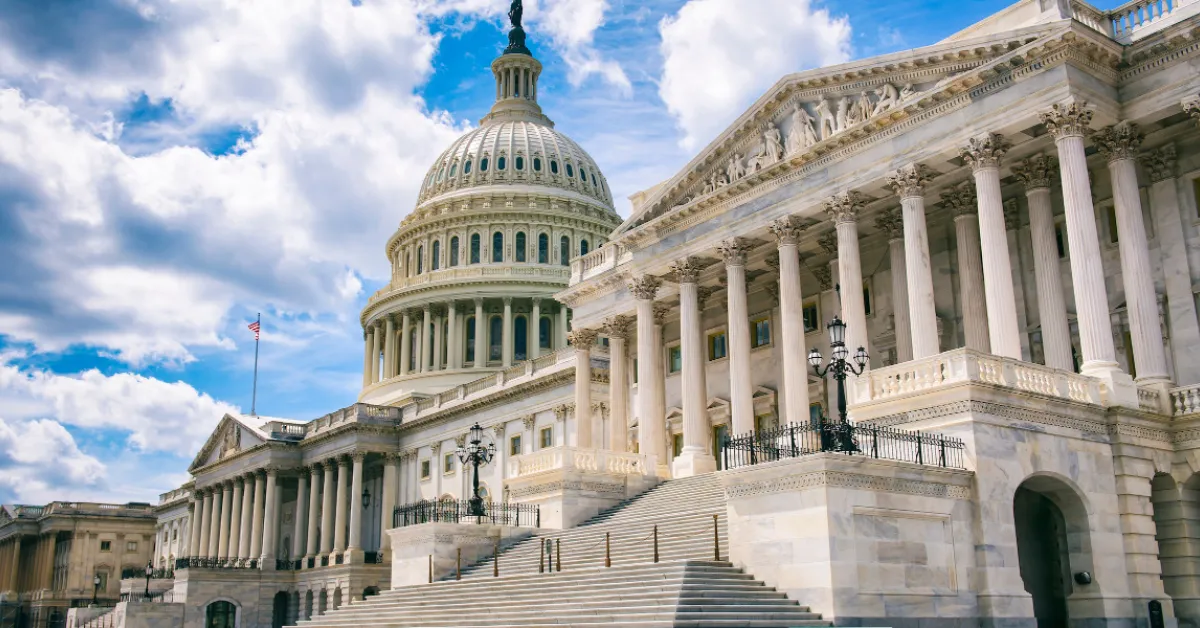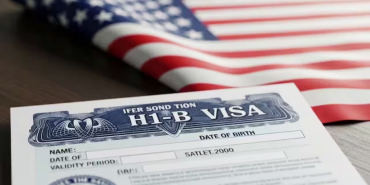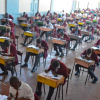The US Government Implements Stricter Policy for Terminating Student Visas

The US government's recent policy shift regarding international student visas has ignited a wave of legal challenges and widespread concern, as thousands of students found their legal status abruptly terminated.
Federal officials are now reassessing their approach amidst mounting legal pressure and growing criticism over the policy’s implications for international education. The controversy began when foreign students across the nation discovered their status had been removed from the Student and Exchange Visitor Information System (SEVIS), a crucial database managed by Immigration and Customs Enforcement (ICE) that tracks compliance with US immigration laws.
The unexplained terminations triggered chaos, forcing some students into hiding to avoid deportation and prompting others to end their studies and return home prematurely. In response to the turmoil, federal officials have moved to reinstate the legal status of affected students while simultaneously crafting new policies to guide future actions. Last Friday, officials announced the restoration of legal status for those impacted, and over the weekend, they issued a document detailing expanded grounds for terminating student statuses.
A notable addition is the inclusion of visa revocation as a basis for termination, a move critics argue grants ICE unprecedented authority. Previously, students whose visas were revoked could remain in the US to complete their studies, but would be barred from reentering the country if they left. This policy shift has drawn sharp criticism from immigration attorneys and advocates. Brad Banias, an attorney representing an affected student, characterises the policy as granting the government "carte blanche" to deport students even in cases of minor infractions.
Numerous students have reported that their legal status was cancelled due to minor issues, such as traffic violations, or without any discernible reason. The case of Akshar Patel, an international student studying information systems in Texas, exemplifies the policy's ramifications. Patel's legal status was terminated earlier this month before being reinstated after he sought court intervention to prevent deportation. His name had appeared in a search conducted by the Department of Homeland Security (DHS) using the National Crime Information Centre (NCIC), an FBI-run database that includes records of arrests, suspects, and missing persons.
Despite the fact that a 2018 reckless driving charge against Patel had been dropped, his inclusion in the NCIC led to his legal status being flagged for termination. According to US District Judge Ana Reyes, approximately 6,400 international students were identified in the NCIC database search. Of these, 734 students were included in a spreadsheet forwarded to a DHS official, who instructed the termination of their legal statuses in SEVIS within 24 hours. Judge Reyes noted that this rapid decision-making process suggested a lack of individual review, calling it an "utter lack of concern for individuals" who had come to the US legally.
The impact of these terminations on colleges and universities has been profound. Institutions were caught off guard by the sudden changes in students' legal statuses and struggled to respond. Some colleges instructed affected students to immediately stop attending classes or working on campus, while others issued warnings about potential deportation. Previously, updates to students' legal status in SEVIS were generally prompted by college notifications to the government about students no longer pursuing studies. The abrupt shift in procedures added to the confusion.
Government attorneys have defended the policy changes, asserting that the database terminations were intended as "investigative red flags" rather than definitive indicators of lost legal status. Andre Watson, representing DHS, clarified during a hearing that Patel and others flagged in the system remained lawfully present in the US and were not subject to immediate detention or removal. Nevertheless, the uncertainty surrounding their status has left many students in limbo.
Judge Reyes has urged both parties to negotiate a settlement to ensure Patel's ability to stay in the US while legal proceedings continue. Though she declined to issue a preliminary injunction in the case, Reyes emphasised the need for careful review of records to avoid unnecessary harm to individuals. The policy shift and subsequent lawsuits have brought attention to the broader implications for international students in the US.














Add new comment